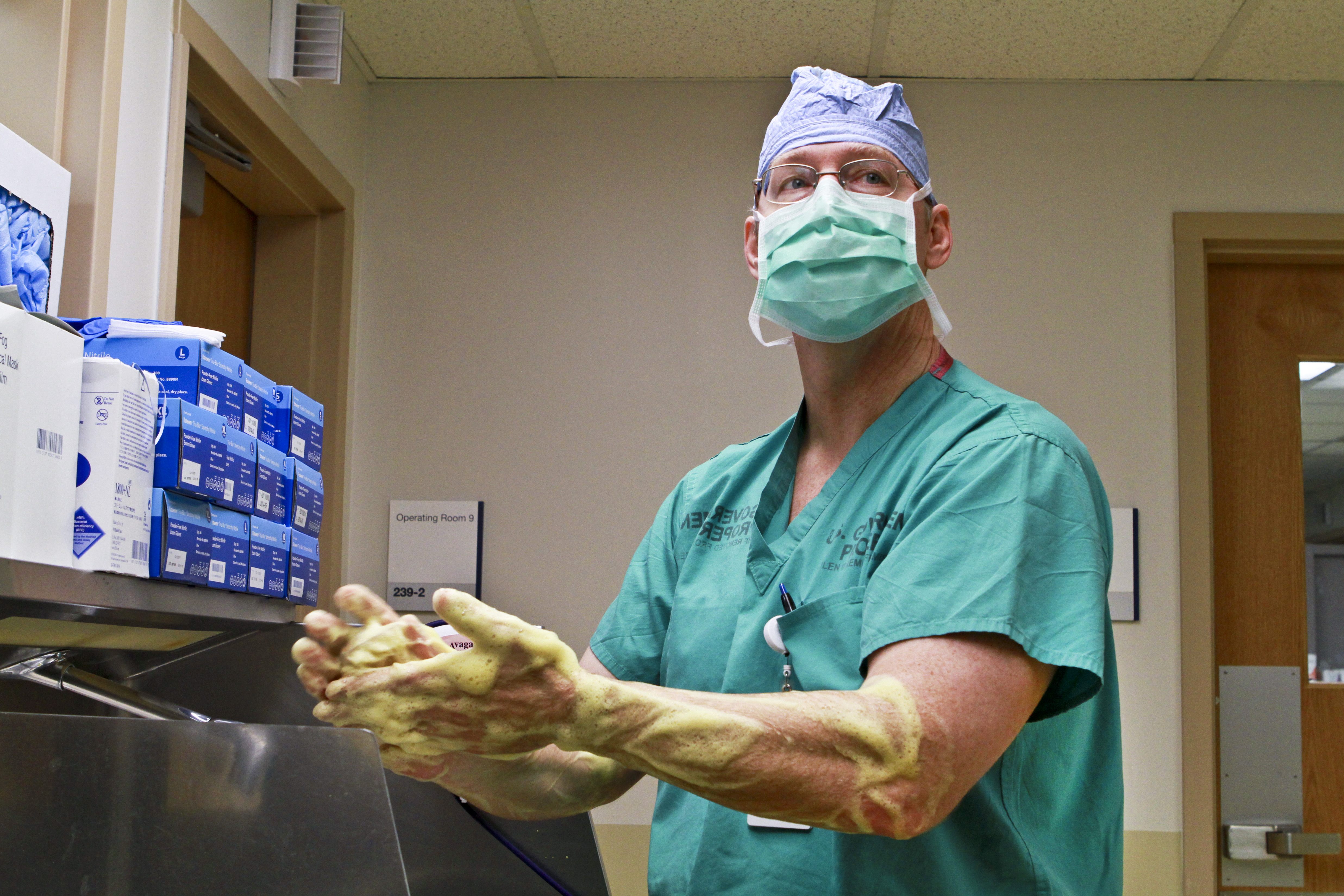The term cancer describes a destructive process that happens to cells in different parts of the body. As people age, their bodies can overproduce cells, or fail to combat abnormal ones. Immune system dysfunction and exposure to certain toxic or cell-damaging substances also causes these problems. Cancer is the term given to abnormal cells that fail to die and instead thrive, overgrow and spread in harmful ways. Cancer cells hide from the immune system, which means that it can’t kill them as easily as it can with other harmful invaders. Cancer cells can even convince healthy cells to fuel their growth. Cancer treatments primarily focus on killing these cells, shrinking tumors and preventing new growth. Doctors rarely use one treatment to fight cancer. They select a combination of treatments that best target the type of cancer based on its location in the body. They also take into account a patient’s genetics, health history, lifestyle, and personal habits. Currently, doctors commonly rely on the following treatments:
Surgery
Surgeons remove cancer cells and lesions from the body using a wide range of tools. For example, they cut through tissue with bladed surgical tools to reach a tumor and then remove it manually by cutting and pulling it away. Extreme heat and cold surgical methods are also used to kill and remove cancer. For example, a surgeon can burn or cut away cancerous or precancerous tissues with a targeted laser tool. They can also use liquid nitrogen or some other extremely cold treatment. Photodynamic therapy is a tool used with surgical-like precision: a doctor can inject a patient with photosensitizing drugs that remain viable inside of cancer cells long after they leave healthy ones. Once the doctor is assured that the drugs can’t harm the healthy cells, within approximately 72 hours, they expose the cancer to light, the drugs activate, and the cells die from within.
Radiation
Cells die when exposed to certain types of energy. Doctors use X-rays, gamma rays and other forms of radiation to cause cancer cell death and halt growth. Once that happens, the body can rid itself of the abnormal cells like any other dead cells. Since too much radiation can cause harm, doctors gradually spread out treatments. A patient might receive internal treatments or brachytherapy or external treatments or beam therapy at the cancer site. With brachytherapy, a doctor puts a liquid or solid form of radioactive material physically into the body at the site. With external beam therapy, a doctor targets the site with a focused beam of radiation. With widespread blood and bone cancers, doctors use systemic treatments that involve spreading a radioactive material throughout the body via the bloodstream.
Chemotherapy
Cancer cells also die when exposed to certain types of chemicals. These substances can even shrink tumors and halt cellular division and overgrowth. Doctors give patients drugs that contain these cancer-fighting chemicals in a variety of ways: they require some patients to take the drugs by mouth. They can also inject a liquid form of the drugs into one or more cancerous tumors. Depending on the type and location of the cancer cells, they might inject chemotherapy or set up a drip or IV directly into the bloodstream, muscles, or under the surface of the skin. Some types of cancer require injections into the spinal canal or a body cavity. Topical chemotherapy options to treat skin cancers also exist in the form of creams and lotions.
Immunotherapy
With immunotherapy treatments, doctors make a dysfunctional immune system perform correctly or a functional one perform more efficiently. For example, a doctor can destroy cancer cells by harvesting from a patient’s body the immune system cells that are currently the most active and doing their best at fighting a particular cancer. With this process, adoptive cell transfer, a doctor removes the cells, known as T-cells, from a cancerous tumor, grows a large volume of them over the course of approximately 14 to 56 days, and then puts them back into the body to give the patient’s immune system a boost. Another immunotherapy, monoclonal antibody therapy, marks cancer cells so that they can’t hide from the immune system. A doctor might also recommend that a cancer patient receive vaccines to prevent additional cancers caused by viruses that the immune system has difficulty fighting like HPV and Hepatitis B.
Holistic
Doctors attempt to treat cancer with more than the tools in their clinics, laboratories and surgical centers. They also recommend to patients natural remedies and lifestyle changes that boost the immune system and overall health. For example, doctors recommend that their patients eat healthy, balanced meals and take care to not consume foods or beverages that contain certain molds, pesticide residues or other substances that can overtax the immune system or cause cell damage. Since inflammation and fungi have been linked to immune system dysfunction, they recommend that patients eat foods that have anti-inflammatory and anti-fungal properties, such as tart cherries and garlic, respectively. Supplements like Fucoidan have proven useful in this fight as well. A natural complex polysaccharide, Fucoidan helps with nerve preservation, immune system support, virus inhibition and cancer prevention. Additionally, they recommend a regular, uninterrupted sleep cycle to heal and strengthen the body. Lastly, they advise patients to reduce toxins in their homes and workplaces that can overload the immune system or cause cell damage and cancer growth.
